Environment
Bottled air is no joke
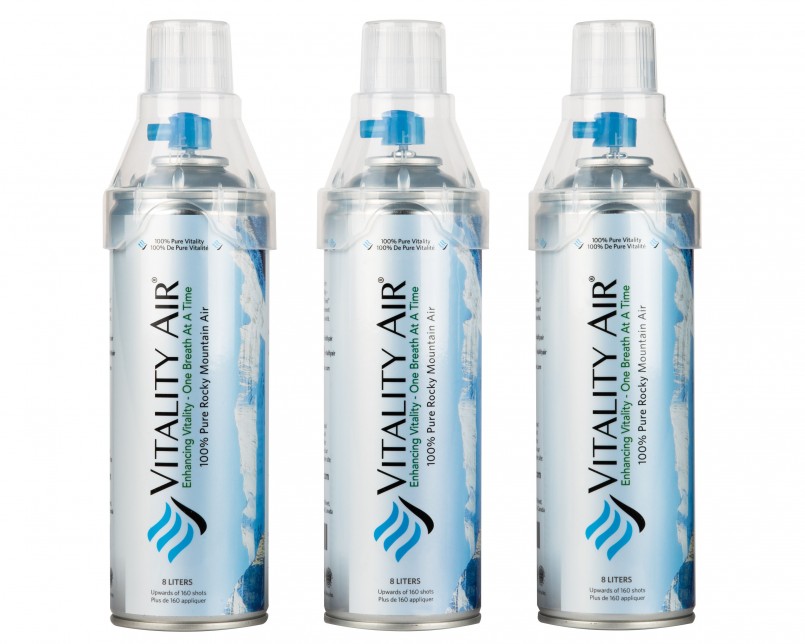
Image: Vitality Air
You’ve probably heard this cynical joke before: “Man, they charge an arm and a leg for everything these days. What’s next, having to pay for air?”
Chances are, you’ve also heard about the air quality problems in China. You may even know or have been the person who’s been to Beijing, only to be nearly chocked to death by the smog and pollution. So when bags of air started showing up on eBay as a joke, it was no joke to people living in China.
It started when Moses Lam stuck bags of fresh air from Canada on eBay to be funny. Now the former mortgage broker runs Vitality Air, and keeping up with the demand coming from China is tough. Moses reports that his Chinese website keeps crashing from too much traffic, and they see massive spikes in sales when the air quality in China is particularly bad.
And Vitality Air isn’t the only company selling bags of air. You’d think it would be a joke, especially considering the popular Perri-Air gag from the movie “Spaceballs.” But it’s a booming business. Since launching last October, Vitality Air sold more than 12,000 bottled air canisters to Chinese customers, including families with small children, athletes and executives.
One bottled air costs $23-$32 and provides 80-160 breaths. So what are the conditions that have led to this absurd business model that could have come from a Monty Python sketch?
China’s toxic air
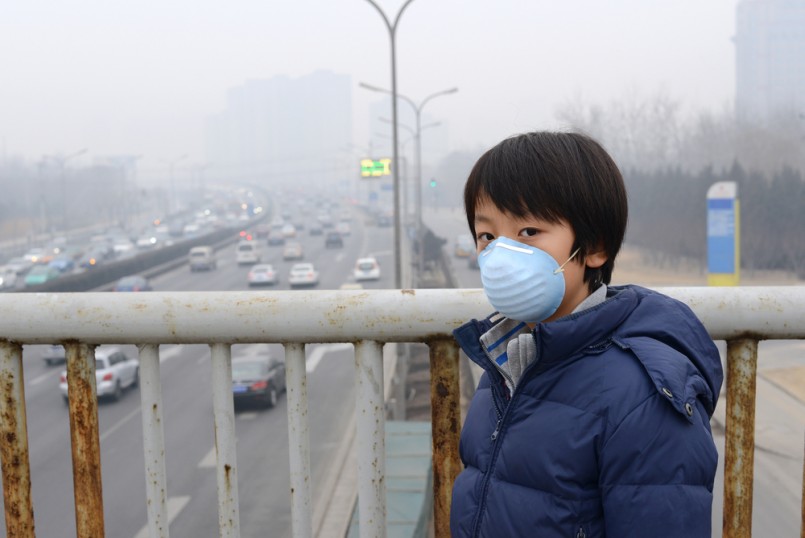
Image: Shutterstock/Hung Chung Chih
Air pollution in China has been at a crisis level for years now. Thick layers of smog hang over Beijing, Shanghai and Hong Kong, caused by an explosion in manufacturing. Meaning factories producing “dirty air,” or more specifically PM2.5, or particles in the air that have an aerodynamic diameter less than 2.5 μm. And in Beijing, Shanghai, Guangzhou and Xi’an, PM2.5 levels exceed the World Health Organization’s air quality guidelines.
What the means is pollution particles are small enough to wreak havoc on the cardiovascular system, cerebrovascular system and lead to cancer concerns and premature death risks. Pictures abound of people who can’t leave their homes without face masks on smoggy days. Plus, children in China are already growing up with staggering levels of asthma and other respiratory ailments.
A high-profile case in 2013 detailed an 8-year-old in China who had contracted lung cancer, the youngest recorded case of the disease. Doctors blamed it on her exposure to air pollution. The girl lived along a busy road, and it’s thought her lung cancer was caused by dangerous levels of vehicle emissions, which also poses a major threat for the country.
What China is doing about air quality
Luckily, it’s not like China isn’t aware of the problem. What was once considered a state secret in 2008 is now out and in front of the public after high profile cases like the 8-year-old with lung cancer. Chinese lawmaker Hongjun Zhan told the BBC that laws are now more comprehensive and detailed pertaining to air quality, but the country still has leaps and bounds to go when enforcing those laws.
In the same set of interviews, Li Yan, the Greenpeace representative in China, stated that China’s red alert system, which urges people to use masks and take precautions, is a step in the right direction. The country is also looking to cut back on coal use in large cities. And Greenpeace is continuing to put pressure on governments to improve air quality through measures like updating the Air Quality Objectives. You can read more here.
At any rate, it’s more proactive than selling bottled air.

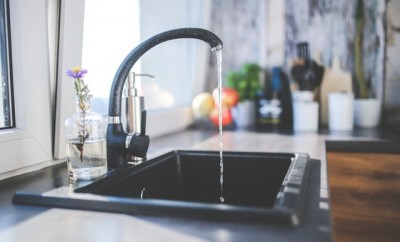
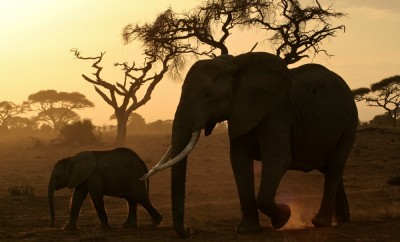
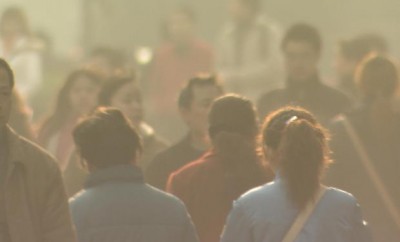

0 comments